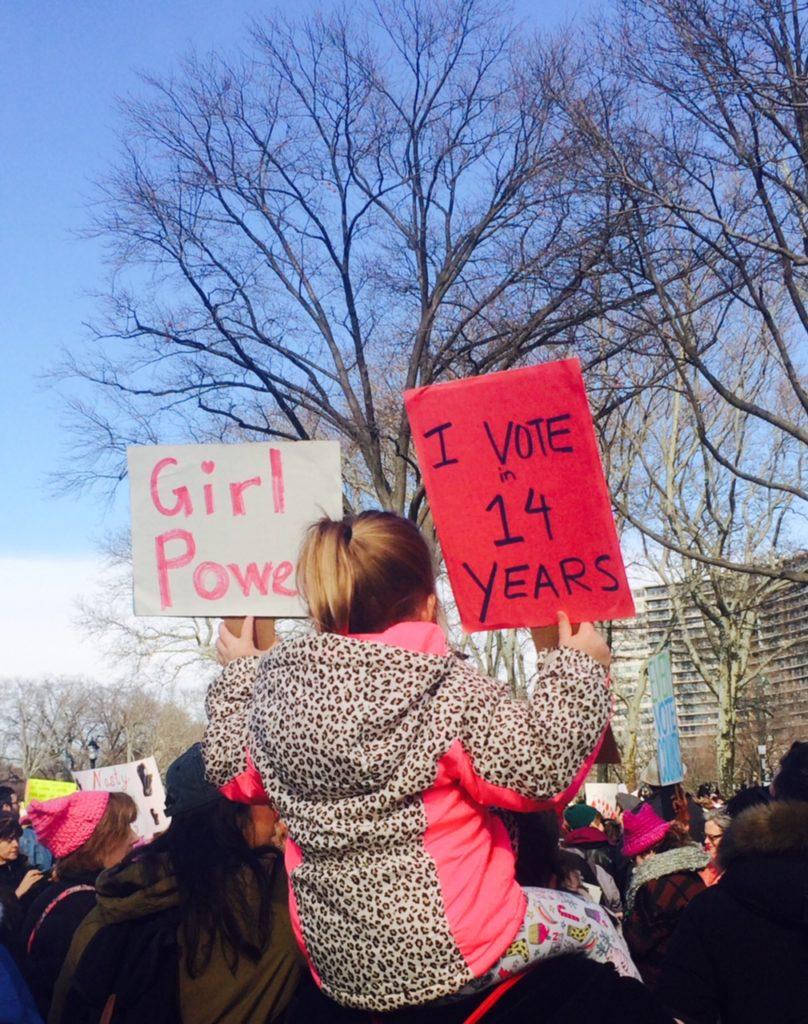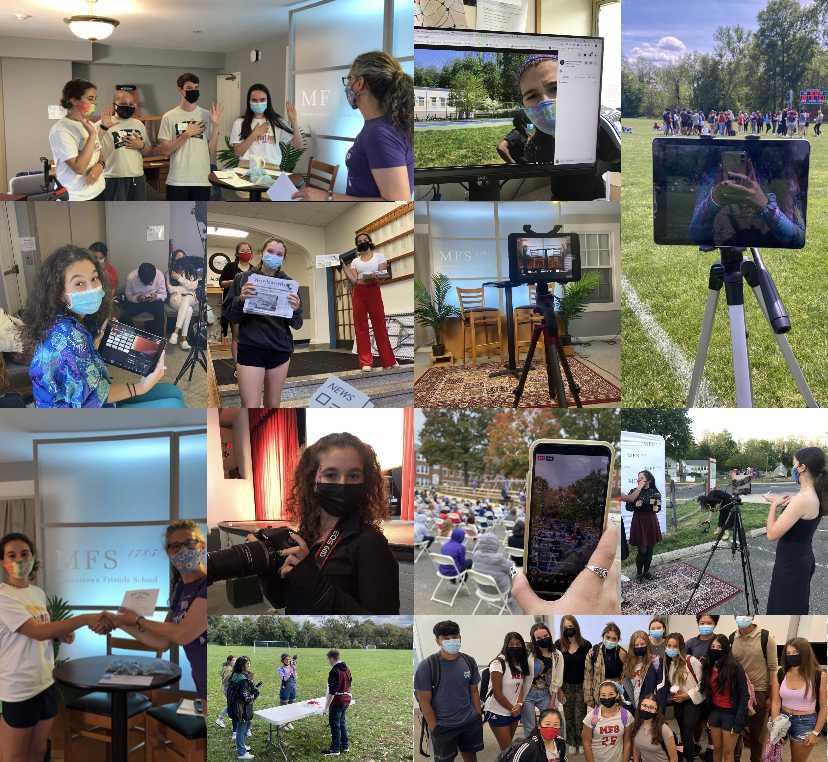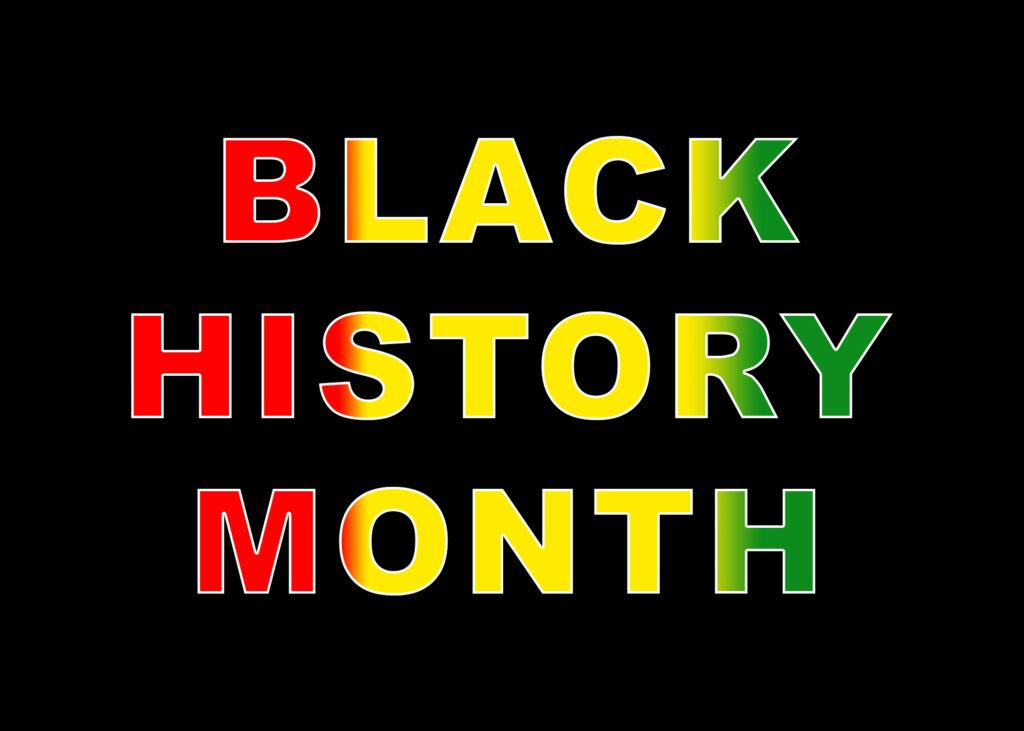In the wake of the inauguration of President Trump, I immediately bought into the appeal of the Women’s March. It seemed like an appropriate channel for my anger and shock, a peaceful protest that would send the right message to the world: we were not defined by this administration. But, like anything, it was fraught with more complicated politics.
Last year, I was unable to attend the Women’s March in Philadelphia and was stricken by the feeling of missing out on this huge piece of American history. The photos and videos of people flooding Benjamin Franklin Parkway were passionate and empowering. I was moved by the speeches of prominent celebrities and politicians at similar demonstrations in Washington DC, New York City, and Los Angeles. After a whirlwind year, I was eager to attend this year’s Women’s March. I met up with a group from Moorestown Friends that also attended, and we slowly made our way towards the Art Museum with thousands of other protestors.
The most overwhelming emotion was excitement. I had poured time and energy into making my poster, and I was anxious to see how it would be received. I was thrilled to be among my peers, to be among those who I knew had felt the same way about this past year. But I was also wary. There was the issue of the pink “pussy hats.” During the first Women’s Marches, pink hats with kitten ears became popular, likely because of Trump’s infamous remarks. Time and time again, transgender activists have pointed out that equating vaginas to womanhood is exclusive. Time and time again, cisgender protesters ignore these critiques.
The lack of complete intersectionality also was pointed out in Facebook posts and articles that called to protest the Philadelphia Women’s March because of cooperation with the police. These articles warned that random searches would be conducted on attendees, and that police had unfettered access to the march. The point was, I think, that the organizers had not fully considered those who might be at risk from the high police involvement. This is to say: I am guilty as well.
This sort of monolithic feminism that has become mainstream today reeks of armchair politics. Making signs that no one except those who agree with you will read. Wearing black and a nifty little button amongst a sea of people who have conformed under social pressure. Tweeting a hashtag. These are all actions that seem political, but don’t actually bear any meaning. Words without action have no real consequence.
We have, generally, become accepting of a few basic truths: Sexual assault is bad. Women are people. Same-sex marriage is good. Like the politician who claims “Crime is bad!” we tend to take these stances because we have nothing to lose by supporting them. This mainstream feminism is generally championed by conventionally attractive, white, straight, cisgender women. They make signs, buttons, knitwear, and t-shirts with fun sayings like “Girl Power” but often ignore that perhaps a woman in a sweatshop in Indonesia made that t-shirt. They ignore that the marches often take place on stolen indigenous land. They ignore the objections of transwomen or women of color because they are uncomfortable and easily ignored. This kind of quasi-feminism ignores the hard questions, the issues that don’t fit on a t-shirt. It only believes in what is popular and generally accepted, which isn’t feminism at all. If we can’t claim those who are more radical and perhaps less digestible than us, then are we revolutionary after all?
To be fair, organizers of this year’s march had accommodated for disabled protesters by hiring a sign language interpreter and having special seating. Speakers called for women to run for public office and there were many signs (including my own) calling for protesters to vote. It was not all for show. The momentum started by last year’s marches has arguably carried into victories in New Jersey, Virginia, and Alabama. It has sparked more political involvement in young people. It’s not about being holier-than-thou or about the purity of the movement. A misguided reason to protest is better than no protest at all. But willful ignorance can never be justified.
Some may dismiss this as overthinking and unproductive political infighting, but it’s even more unproductive to blindly buy into a broad rhetoric. I think that it’s important to be critical of the things you believe in. Otherwise, they won’t progress or improve. Otherwise, we become stuck in a positive feedback loop, unable to learn from our own mistakes.
And I suppose it’s terrible to point out a problem without raising some solutions. How can our feminism be meaningful? Listen to marginalized communities. Be willing to change your mind and your behavior. Donate your money and time. Vote in every election. Run for public office. Engage in open debate with those you disagree with. None of these are easy things, but that’s what makes them worth anything.













